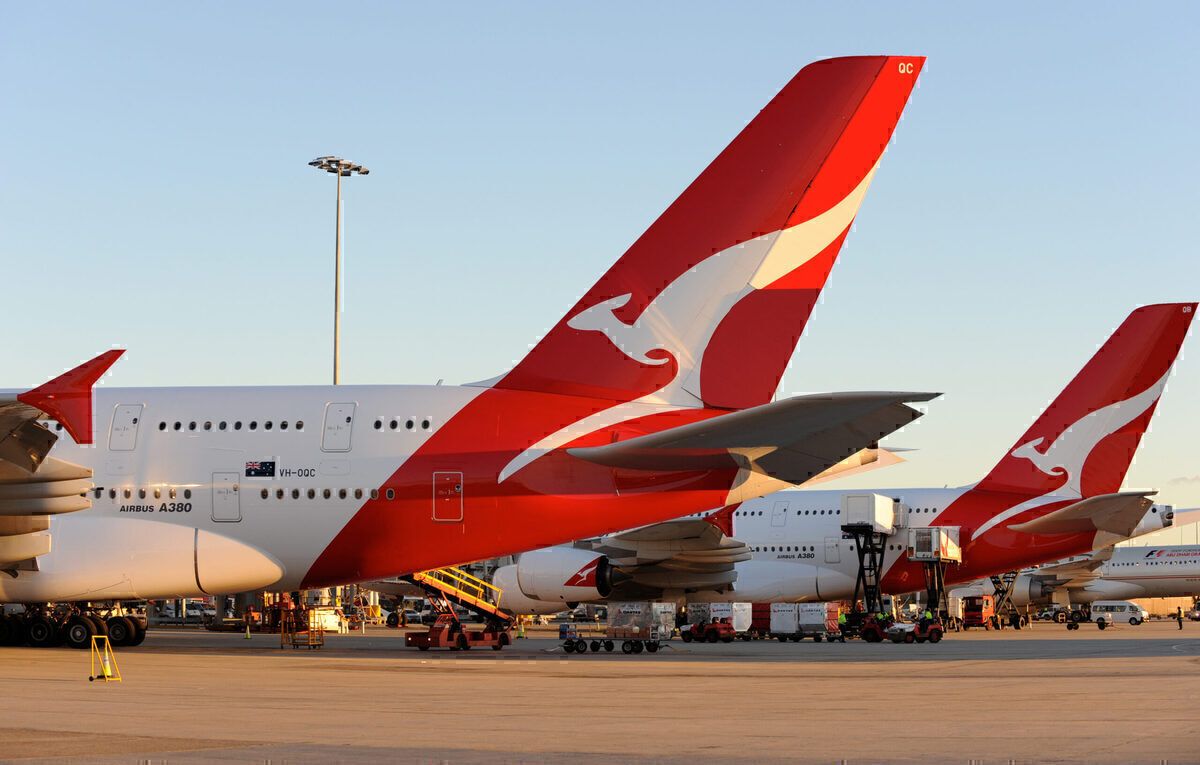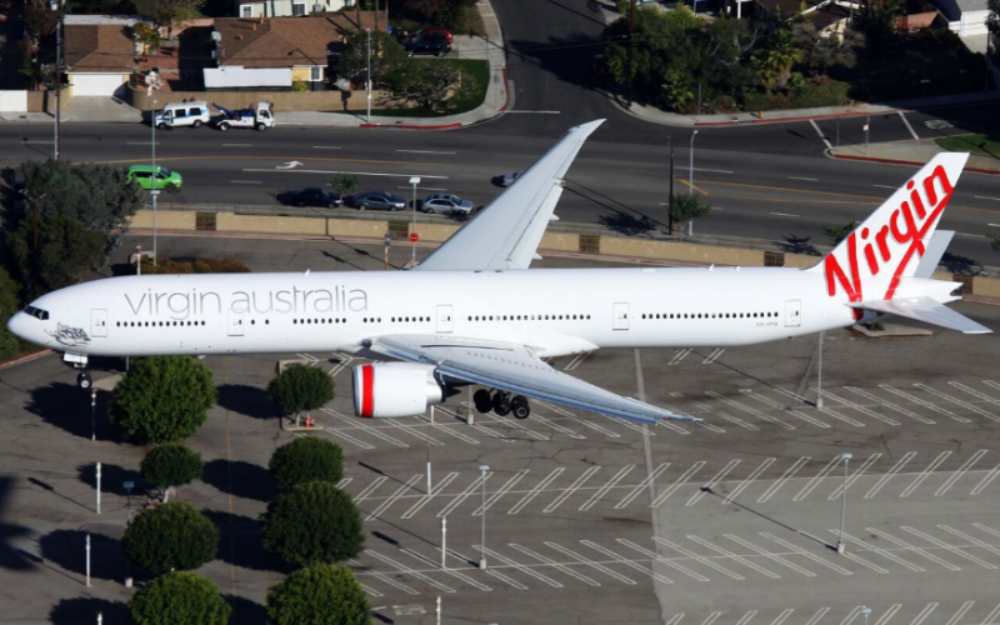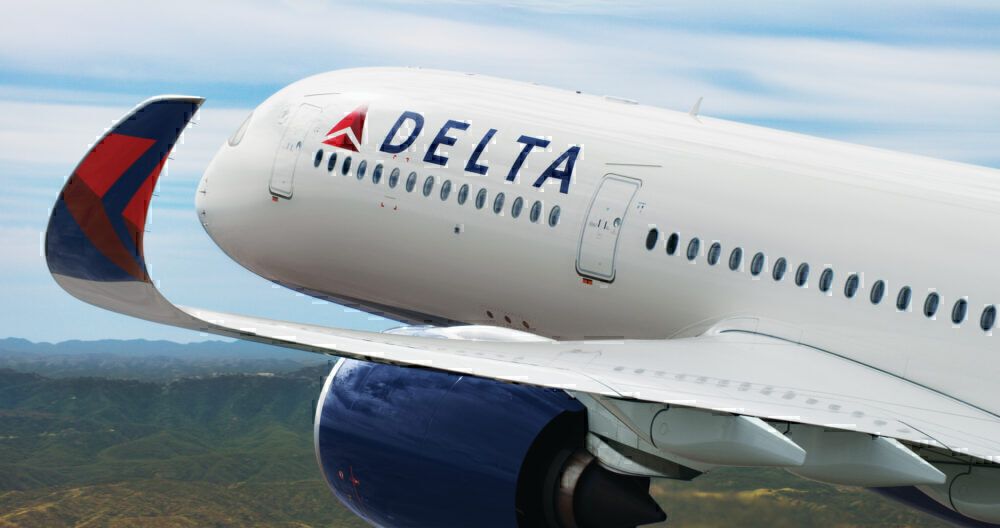The Australian Government has quietly extended its ban on Australian citizens leaving the country by another three months. The ban was put into place in March 2020. It will now last until at least March 2021. The decision likely puts the brakes on international airlines ramping up their services to and from Australia.
The Australian Government says the decision was made on advice from specialist medical and epidemiological experts. The decision will come as no surprise to Australians who've largely supported the tough travel restrictions.
Stay informed: Sign up for our daily aviation news digest.
Qantas and Virgin Australia staying strictly local for the short term
Local airline Qantas has said it doesn't plan to resume significant international services until the middle of next year. With a vaccine just around the corner, some pundits thought that timeline pessimistic. But the Australian Government is in no hurry to roll out any vaccine, preferring to wait and see how it goes in other countries. The Qantas timeline is looking more likely than ever to be on the money.
Meanwhile, local competitor Virgin Australia has effectively ruled out any significant international flying for another two years. Speaking at a CAPA Live event on Thursday, the airline's CEO ruled out flying to pre-travel downturn long-haul destinations like Los Angeles because Virgin Australia isn't looking to pick up any twin-aisle planes before the end of 2022.
It was suggested to CEO Jayne Hrdlicka that Virgin Australia does need an international product to stay competitive with Qantas.
"Our first priority is domestic Australia," said Ms Hrdlicka. The airline boss thinks more international flying will resume in and out of Australia sometime in 2021. For Virgin Australia, that will mean short-haul flying to destinations like New Zealand and Indonesia using their existing Boeing 737-800 fleet.
"We'll be ready to do that," Ms Hrdlicka said. But for destinations further afield, Virgin Australia will rely on its range of "great, deep of partners." who will augment what Virgin Australia cannot do themselves.
While noting it was a good time to go looking for planes, Ms Hrdlicka said; "We won't go back to widebody flying for the next 18 - 24 months."
Two of those partners include Delta Air Lines and All Nippon Airways. Both are maintaining services, albeit reduced, into Australia. Along with various other international carriers, they've been able to fly a limited number of returning Australians home and leave with non-citizens calling it quits in Australia.
Government rules play havoc with international airlines
The general effect of the Australian Government ban is that non-citizens cannot fly into Australia, and Australian citizens cannot fly out. While there are exceptions, it's a rule that is playing havoc with airlines and their revenue streams.
Earlier this year, Akbar Al Baker, CEO of Qatar Airways (who has maintained flights to various Australian cities), said border restrictions were among the biggest challenges his airline had to overcome.
But the Australian Government is unlikely to care about the state of the arrivals boards at Australia's international airports. On Tuesday, there were just 42 active COVID-19 cases around the country. All but one of those cases was in quarantine after returning from overseas. In contrast, the United States is recording nearly 200,000 new cases a day.
The fortress mentality might be hurting the airline industry, but the judgment is most of the airlines are big and mean enough to look after themselves. Come March, the expectation is the Australian Government will extend the travel ban for a further three months.



